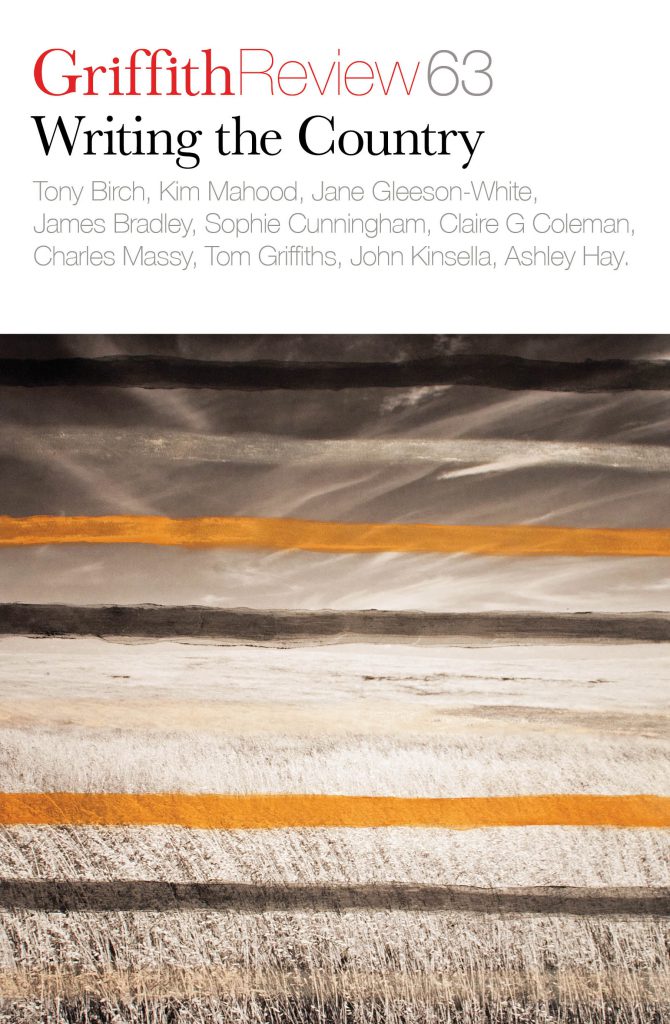AT THE SAME time as a headline in The Guardian announced: ‘Indigenous Australians most ancient civilisation on Earth, DNA study confirms’,[1] we could also read that $3 billion had been left by healthcare tycoon Paul Ramsay to set up, under the direction of right-wing former prime ministers John Howard and Tony Abbott, a plan to install courses on ‘Western civilisation’ in major Australian universities.[2] This contrast is confusing, but telling. Civilisation has nothing to do with science as such (DNA is indifferent to it), nor is it something a passing political initiative can uphold. But with a long view of Australian history, the concept of civilisation is caught precisely in this politically charged dichotomy: between an Indigenous civilisation and a recently arrived ‘Western’ one. It seems that the upholders of the latter would like the former to remain dubious and ‘ancient’, of little relevance to the future of the country. This essay is a personal reflection on the possibilities for a more reasonable hybrid definition of ‘civilisation’ based on Australian soil.
What does the word mean? Well, it is city life, if you follow the etymology. From the Latin civis, we derive the group of words that includes ‘citizen’ and ‘civil’. Outside of the walls of the city roamed the uncivilised, those speaking barbarian tongues. There is a prejudice about civilisation that is reinforced every time the Tigris and Euphrates are cited in accounts of world history as being the ‘cradle of civilisation’. Sometimes contesting ‘cradles’ are noted in China, India or the Americas. But rarely mentioned are the oldest continually surviving ‘cultures’, those of Australia, because it is still hard, in the European tradition, to think of civilisation without cities. But perhaps the idea of building walls to keep others at bay is not such a civilised idea. Let’s consider what civilisation might mean in Australia today, starting with what The Guardian reported as the first civilisations of the country, since they stood the test of a very long period of time – without walls.

Already a subscriber? Sign in here
If you are an educator or student wishing to access content for study purposes please contact us at griffithreview@griffith.edu.au





